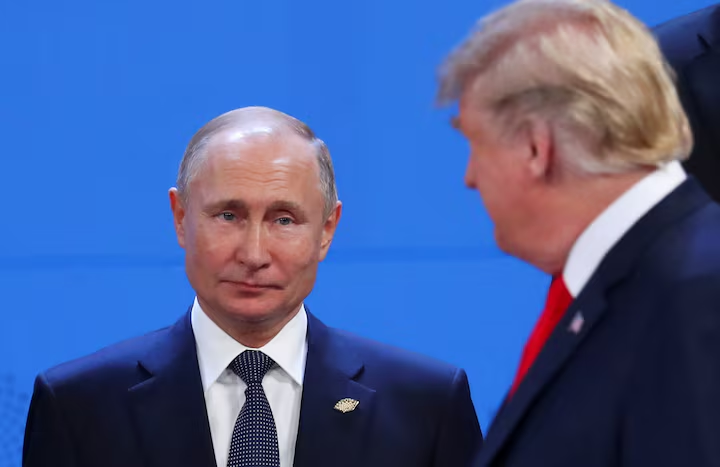Romanians went to the polls on Sunday in a fiercely contested presidential runoff between Nicușor Dan, the progressive mayor of Bucharest, and George Simion, the leader of the far-right Alliance for the Union of Romanians (AUR). The vote is being closely watched across Europe as a potential turning point in Romania’s political future and a broader litmus test for the strength of right-wing populism within the European Union.
Dan, a mathematician and civic activist known for his technocratic approach, is running on a platform of transparency, judicial reform, and European integration. Simion, by contrast, has campaigned on a nationalist, anti-immigration, and Eurosceptic agenda, vowing to “take back control” from Brussels and uphold “traditional Romanian values.”
The runoff follows a first round in which Simion led narrowly, but failed to secure the majority needed to win outright. With turnout expected to play a critical role, the outcome remains uncertain, with opinion polls showing a near-deadlock between the two candidates.
“This is more than a choice between two individuals—it’s a choice between two paths for Romania,” Dan told supporters during a final campaign rally. “One path leads toward inclusion, rule of law, and modernization. The other risks isolating us from our allies and democratic values.”
Simion, meanwhile, has stoked populist anger against the political elite and the European Union. “The EU treats us like second-class citizens,” he said at a campaign stop. “It’s time for Romanians to come first—for our jobs, our families, and our borders.”
International observers and rights groups have raised concerns about the tone of Simion’s campaign, which has been marked by inflammatory rhetoric targeting minorities, LGBTQ+ individuals, and journalists. AUR’s rapid rise has been fueled by economic grievances, mistrust of institutions, and widespread dissatisfaction with the mainstream parties.
If Simion wins, Romania could join a growing bloc of nationalist-led EU states, such as Hungary and Slovakia, which frequently clash with Brussels over migration, judicial independence, and rule-of-law issues.
The election also comes amid economic challenges, with inflation, housing shortages, and youth unemployment dominating public discourse. Dan has pledged to expand affordable housing, invest in infrastructure, and streamline government bureaucracy. His supporters view him as a stabilizing force who can modernize the state while maintaining EU ties.
“Dan represents a Romania that wants to grow with Europe, not against it,” said political analyst Ioana Chiriac. “Simion, however, speaks to those who feel left behind and want drastic change—even if it comes at the cost of international relationships.”
As voting concluded Sunday night, both camps warned of potential irregularities and urged their supporters to stay alert during the vote-counting process. Election officials have said the process has so far been orderly, with final results expected within 24 hours.
Regardless of the outcome, the election is set to reshape Romania’s political landscape and send a powerful signal about the direction of democratic values in Eastern Europe. A victory for Dan would affirm Romania’s pro-EU trajectory. A win for Simion, however, would mark a sharp turn toward nationalism and raise fresh concerns about the future of liberal democracy within the block.
Source: The Washington Post



